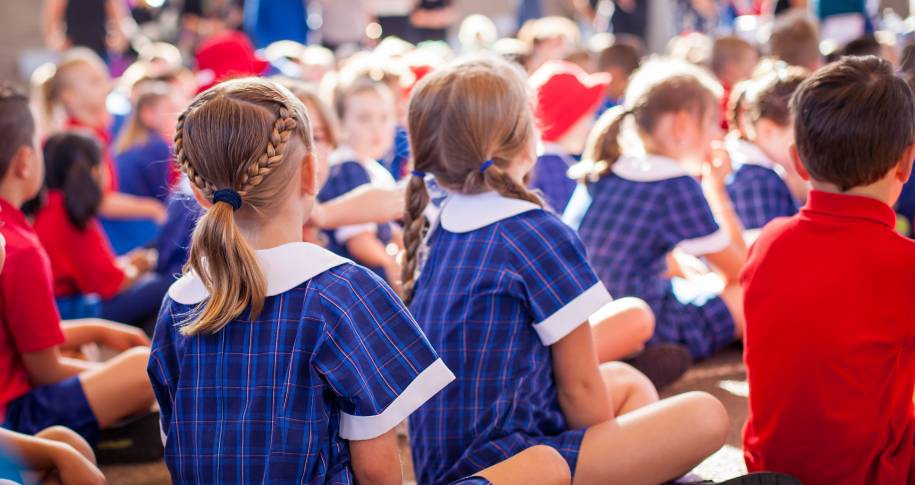Is your child coming home from the new school year complaining about how they hate everything about school?
Has your little one started school for the first time and is acting out, crying, or throwing fits over going to school?
Transitions are tough on the whole family, but going to school for the first time, or struggling at school, can be detrimental to a child’s wellbeing and as a parent, you’re probably asking, “What Can I Do?” Rest assured, even when situations seem hopeless, you can use this advice from child psychologists to get through this rough patch.
Listen
The first thing parents must do is listen, rather than immediately act or jump into problem solving. As parents, our first instinct is to try to protect our little ones, especially when their social and verbal skills may not be expressive quite yet. However, even kindy kids can explain what’s wrong and why they hate going to school if you take the time to listen.
Ask the Right Questions
Don’t bombard your child with dozens of questions and overwhelm them the second they get off the bus or you pick them up from school. A great time to talk is over dinner, or while doing a fun, lighthearted activity. Promote open communication with your child by asking open ended questions that require more than one =-word answers such as “tell me about your favorite part of the school day today?” rather than “how was school?”
Open ended questions help your child start to think critically about their day and reflect upon their personal experiences. They also help the child to process their emotions and experiences to be able to express themselves better. This skill will help your child to be a great communicator also!
Get to the Root of the Problem
Often, children do not actually hate school, but are having a negative experience that is making them not want to attend. Sometimes this can be a bully picking on them, a class they are particularly struggling with, friend problems, or other personal issues. Young children in school for the first time may be experiencing separation anxiety from their parents which is totally normal.
Ask for School Support
If you talk to your child and realize that the reason why they hate school is not something that can be solved through parenting alone, do not hesitate to reach out to the school and ask for support. This is especially vital when there is bullying involved or when your child is struggling. Many schools offer tutoring programs and parents can set up conferences with teachers to discuss learning strategies.
Many schools also have guidance counsellors and school child psychologists on staff that can offer supports to parents and children. Counsellors can visit with your child during the school day and provide a safe place for your child to talk about their feelings and what they are experiencing during the day. School counsellors can also help provide referrals for extra support outside of the school system when needed.
When Your Toddler Struggles with Change
One of the biggest reasons why four-year-old don’t like school is because they are struggling with change in their environment and routine. They are going from being home or daycare and getting to play all day with people they love and trust, to a super structured environment where expectations are different, and everyone is a stranger. This kind of big change can be scary for anyone, especially a four-year-old.
Preschool aged children often struggle with separation anxiety or have trouble working through change. One way you can help make the school transition easier on your preschooler is by setting and keeping a daily routine. Routines help children to understand expectations and what’s coming next which reduces uncertainty and anxiety in children. Following a daily routine also reinforces that school is temporary and that mom or dad is coming back.
When you chat with your preschooler about going to school, keep the conversation light and fun, focusing on all the fun, positive parts of the school day that your little one enjoys. During the weekends remind your child they get to see their friends again on Monday, ask them about what they are looking forward to, or even get excited about their lunch!
Your child won’t hate school forever if you listen, ask questions, get to the root of the problem, and ask for school supports when necessary. When these things aren’t enough, there are child psychologists in your area that can provide more assistance to your family.


